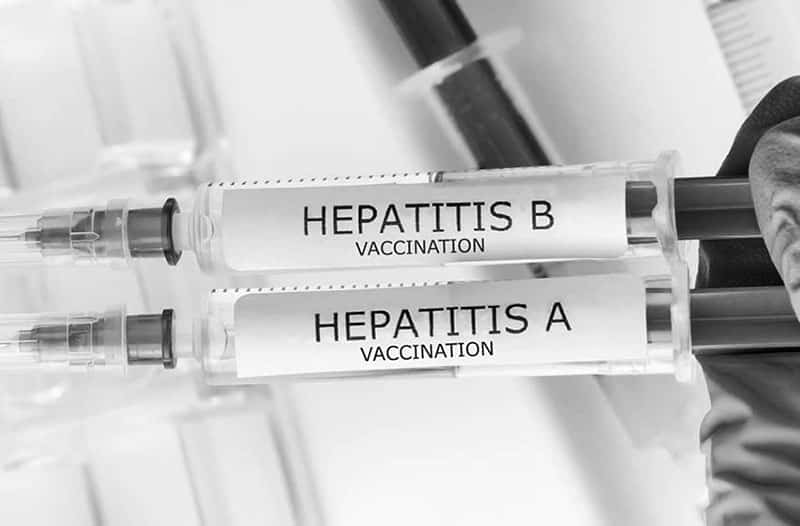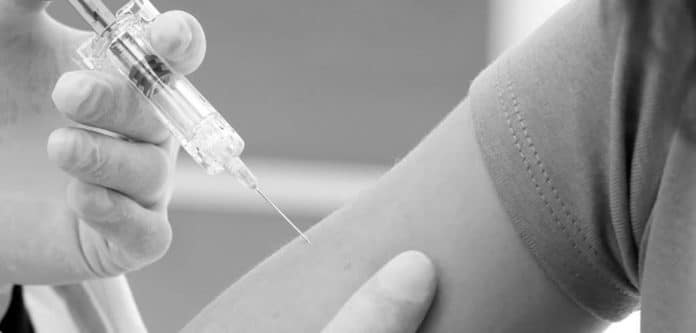What Vaccinations for Kilimanjaro Do You Need?
What Vaccinations Do I Need for Kilimanjaro Climbing?
You must make an appointment with a travel clinic or your primary care physician at least a few months before your trip to Tanzania to discuss vaccines. This should be done before you leave so that any possible side effects will have time to dissipate.
Aside from Yellow Fever, which is necessary for anybody entering Tanzania from a nation deemed a Yellow Fever danger zone, no other vaccinations for Kilimanjaro are needed.
Before and after your ascension, you’ll want to think about where you’re going.
Yellow Fever Facts You Need to Know
If you arrived in Tanzania from a Yellow Fever-affected location, you might be required to show your Yellow Fever vaccination certificate upon arrival. The following is a list of those countries.
Among these countries: are Benin Republic, Angola, Burkina Faso, Burundi, the Chad Republic, Cameroon, République démocratique du Congo, Ethiopia, Equatorial Guinea, Guinea-Bissau, Gambia, Guinea, Ghana, Kenya, Mali, Liberia, Mauritania, Niger, Rwanda, Senegal, Sudan, Sierra Leone, Uganda, Togo, Nigeria.
Even if you are merely transiting through one of these countries and do not intend to leave the airport, the laws require proof of vaccination if you have been there for more than 12 hours.
Due to airline delays, this could be a problem.
Some travelers have experienced side effects from the vaccination; thus, we strongly recommend that you get vaccinated as soon as possible before your departure date. These are not required for flights from Europe or the US to Tanzania.
Non Required But Needed Vaccinations
Vaccinations needed for Kilimanjaro but not required by the Centers for Disease Control and Prevention are the following immunizations for Tanzania. If any of the following are acceptable for you, you and your doctor must decide together:
Immunizations That are Part of Your Regular Regimen
MMR (measles, mumps, rubella), varicella, diphtheria, tetanus, and polio vaccines are highly recommended, as are annual flu shots and the MMR series.
Hepatitis A and B Vaccinations
We strongly recommend that you talk to your doctor about hepatitis vaccinations. Infected food and water, such as salads, unpeeled fruits, shellfish, and ice in your beverages, can transmit Hepatitis A to you. Hepatitis A can infect you even if you don’t go far from home.
Needles and bodily fluids are the primary modes of transmission for hepatitis B. Think about it if you’ve worked in healthcare, needed medical attention in a remote area, or got in contact with the fluids of someone that’s infected.

Typhoid Fever Vaccination
Africa has a high incidence of typhoid because of the abundance of contaminated food and water. When it comes to your health and safety, consuming ice in your drinks or dining at street food markets, or visiting rural areas might be terrible.
The Tetanus Vaccination
Our decades’ tetanus immunization is easy to neglect, making us vulnerable to tetanus when self-inflicted wounds can’t be avoided. If you’re traveling, make sure you have the latest Tetanus Vaccinations for Kilimanjaro.
The Rabies Vaccination
It is unlikely that you will catch rabies while on your climb, especially if you do not plan to visit Tanzania before or afterward. A dog bite is the most common way for an infection to spread, but you and your doctor will decide if it’s necessary depending on your specific circumstances.
The Cholera Vaccination
A potentially deadly disease that can be transferred through contaminated water, usually due to insufficient hand washing, traveling to a region where the CDC recommends ongoing cholera transmission. If you’re concerned, see a doctor.
The Malaria Vaccination
As in most of Africa, malaria is a concern when visiting Tanzania. If you’re over 2,000 feet, mosquitoes aren’t likely to bother you. Keep in note that you will be in Moshi or Arusha before and after your climb, placing you in these risky periods.
The female anopheles mosquito bite is the primary vector of malaria transmission. Only a single bite can infect you, and the illness can be lethal.
Anti-malarial prevention should be discussed with your doctor to determine the best course of action for you and your intended travel destination. There aren’t many studies on the side effects of Malarone, although it’s a well-known yet pricy brand. You can go to the Hospital for Tropical Diseases website for further information.
Worthy of Note
- Larium: Altitude sickness-like symptoms have been reported as side effects of this anti-malaria anti-malarial treatment.
- Not all people who are on anti-malaria medication are protected from malaria.
- Taking precautions to avoid being bitten is the only sure approach.
- Between nightfall and dawn, when mosquitoes are most active, it’s best to stay inside (the mosquitoes are most active in the evenings).
- Using a DEET-based bug repellent is recommended.
- Ensure that your bed is covered with a mosquito net while you sleep.
- Treat your clothing and bedding with insect repellent and spray the room.
- Long-sleeved shirts, slacks, and socks are all appropriate wear for the evening.
- Particularly at night, stay away from busy areas.
Diarrhea and Related Abdominal Distress for Travelers
Gastrointestinal distress is the most common ailment travelers face in rural African places. Treatment of diarrhea caused by viruses, parasites, or bacteria might be complicated.
A healthy diet, water, and personal hygiene can keep you safe from salmonella and E.coli and parasites like Cryptosporidia and Giardia. If necessary Vaccinations for Kilimanjaro gastrointestinal diseases should be considered.
- Never consume water that has not been treated, whether from the tap, a river, or the well.
- If you can’t be positive that the ice is made from pure water, don’t consume it.
- Before drinking, make sure all water has been purified by boiling, filtering, or other methods.
- Do not eat fruits that are not easily peeled.
- Raw vegetables and salads should be handled with caution, and they should only be washed with filtered water.
- Avoid eating meat that hasn’t been thoroughly cooked.
- Before you eat, use an antibacterial gel to wipe your hands.
- We’ll provide you with clean, drinkable water while hiking Kilimanjaro. As a precaution against contamination, all of our food is carefully procured, stored, and prepared by us.
Bringing Your Medications
In addition to any prescription medications you require, we urge that you keep the following items with you at all times:
Anti-malarials
- An antibiotic, such as Ciprofloxacin, can be administered to treat bacterial diarrhea.
- Please read our Diamox guidance if you are taking the drug.
- Ibuprofen
We ask you to fill out a medical questionnaire before your climb, and we strongly recommend that you see your doctor for a comprehensive examination and suggestions for the best vaccinations for Kilimanjaro hiking.


































